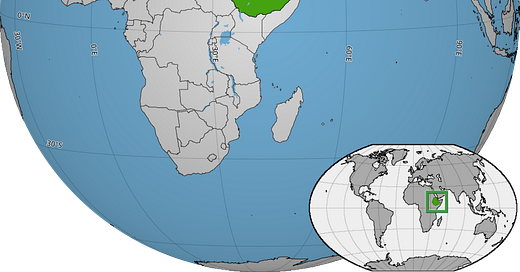In a follow-up on the malaria outbreak in Ethiopia in 2024, UN health officials now report 5,723,754 cases from January 1 to September 15, 2024. This is an increase in 949,854 cases since the last report on August 18.
999 deaths have been recorded to date.
Four regions of Oromia, Amhara, Southwest, and South Ethiopia Regional State comprise 80.0% of all cases.
In Ethiopia, malaria, predominantly caused by Plasmodium falciparum and P. vivax, remains endemic and seasonal in the country.
The resurgence of malaria cases is attributed to disruptions in malaria control programs, particularly in conflict-affected areas, leading to increased vulnerability. Malaria transmission in Ethiopia peaks seasonally and has been aggravated by logistical gaps, supply shortages, and insecticide resistance.
In addition, the emergence of drug-resistant malaria strains continue to threaten the country’s ability to control the outbreak effectively.





